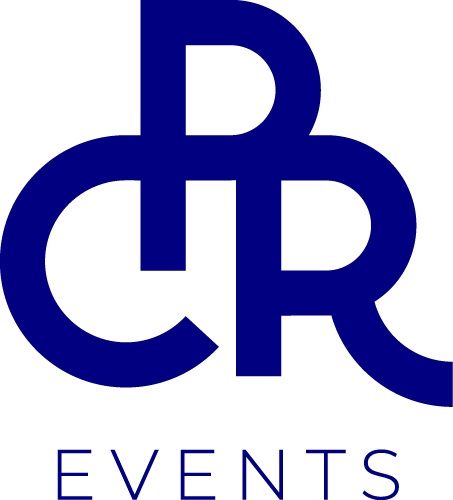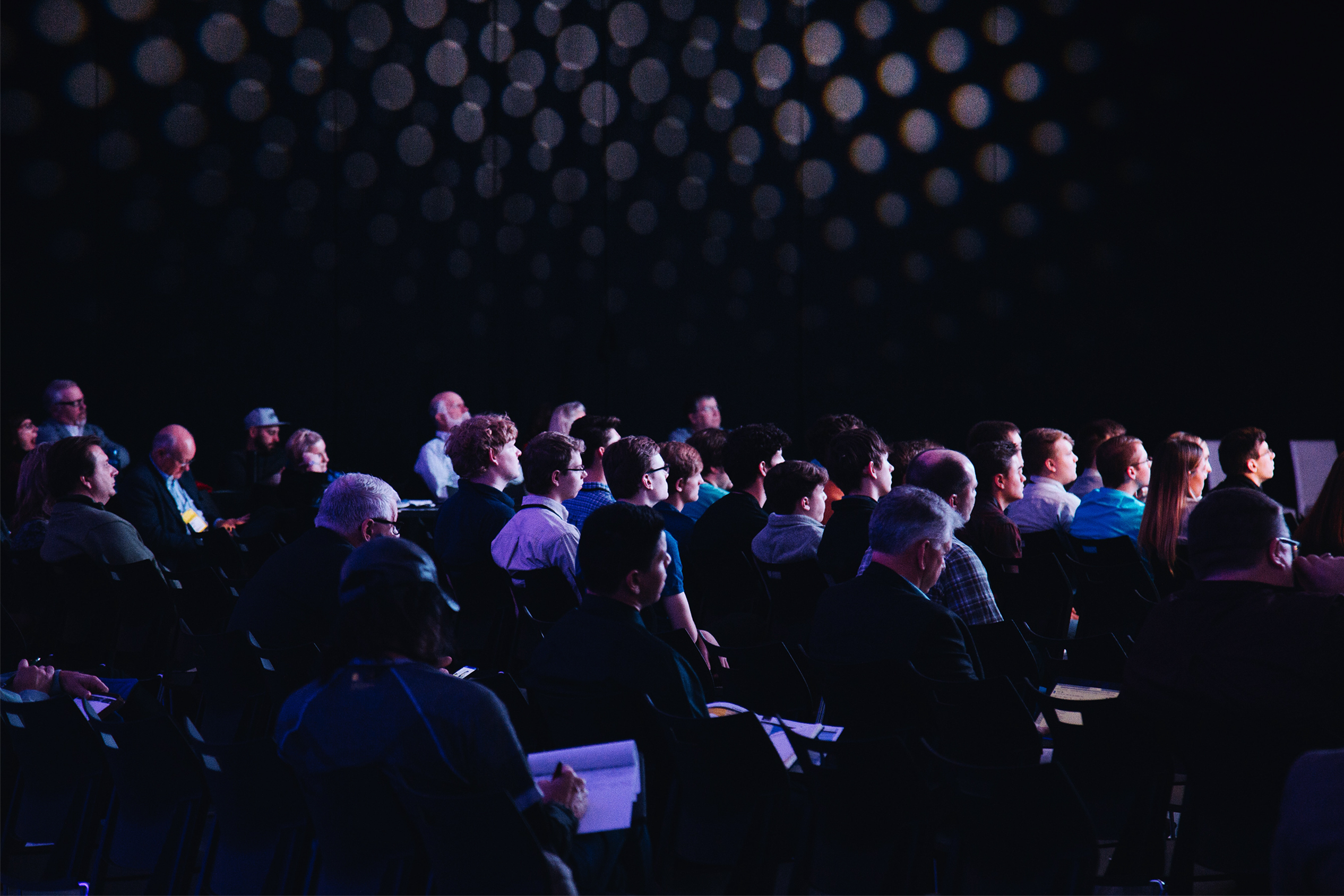How the Industry Has Transformed… and Where It’s Heading Next
REFLECTING ON NEARLY 20YEARS OF EVENT MANAGEMENT – FROM THE EARLY 2000S TO TODAY’S HYBRID LANDSCAPE
The Early Days:
When Everything Was Analogue
Back then, event planning was a deeply manual process. We relied on printed brochures, phone calls, and face-to-face meetings for everything. Registration meant paper forms or basic online systems that crashed if more than 50 people tried to sign up simultaneously.
Communication with attendees happened through direct mail and email newsletters that looked more like text documents than the beautifully designed campaigns we see today. Event marketing budgets were heavily weighted towards print advertising, and measuring ROI meant counting heads and hoping for positive feedback forms.
The planning process itself required significantly more lead time. Without instant communication tools, coordinating with suppliers, venues, and stakeholders meant playing phone tag and waiting for faxed confirmations. A simple venue change could take days to communicate to all parties involved.

The Pandemic Pivot:
Necessity Breeds Innovation
Nothing prepared us for 2020. Overnight, the entire industry had to reinvent itself. Virtual events went from experimental to essential, and we learned that engagement could transcend physical boundaries.
The initial panic gave way to innovation. We discovered that hybrid events could actually increase accessibility and reach. International speakers who would never have travelled for a 200-person London event were suddenly available via video link. Costs decreased while potential audience sizes increased exponentially.
However, we also learned what couldn’t be replicated digitally. The spontaneous conversations, the energy of a shared physical space, the networking that happens during coffee breaks – these elements remained irreplaceable.
Today’s Landscape:
The Best of All Worlds
In 2025, we’re operating in a mature hybrid environment. Clients expect flexibility, with events that can seamlessly blend in-person and virtual elements. Technology has become invisible, it simply works, allowing us to focus on creating meaningful experiences rather than troubleshooting technical issues.
Sustainability has moved from nice-to-have to essential. Clients actively seek ways to reduce environmental impact, from digital-first communications to locally sourced catering and carbon offset programmes.
Data analytics now drive decision-making at every level. We can predict attendance patterns, optimise content delivery, and personalise experiences in ways that seemed impossible two decades ago.
Looking Ahead: The Next Decade of Events
Artificial Intelligence Integration
AI will handle routine planning tasks, freeing event professionals to focus on strategy and creativity. Chatbots will manage attendee queries, while AI algorithms optimise everything from room layouts to catering quantities.
Immersive Experiences
Virtual and augmented reality will create hybrid experiences that feel genuinely immersive. Imagine virtual attendees feeling like they’re truly present in a London venue while participating from anywhere in the world.
Micro-Events and Personalisation
Sustainability as Standard
Carbon-neutral events will become the baseline expectation, not a premium offering. Every planning decision will factor in environmental impact.
Global-Local Balance
Events will think globally but act locally, combining international reach with hyper-local relevance and community connection.
What This Means for Your Business
Whether you’re planning your first corporate event or your hundredth, understanding these industry shifts is crucial for success. The organisations that thrive are those that embrace change while maintaining focus on fundamental human needs: connection, learning, and shared experiences.
The tools have evolved dramatically, but the core principles remain unchanged. Successful events still require meticulous planning, clear communication, and the ability to adapt when things don’t go according to plan.
Having navigated these changes across multiple markets and event types, from intimate arts gatherings to large corporate conferences, I’ve learned that experience matters more than ever. The technology may be sophisticated, but it still takes human insight to create events that truly resonate.



